What Can a Brain MRI Tell Us About Dementia?
Dementia is a serious and progressive condition that can have a devastating impact on individuals, their families, and caregivers. In an effort to better understand the causes of dementia, researchers are turning to modern-imaging techniques such as brain MRI scans to get a closer look at what’s happening inside the brain. In this article, we’ll explore how these scans work and what information they can provide about dementia.
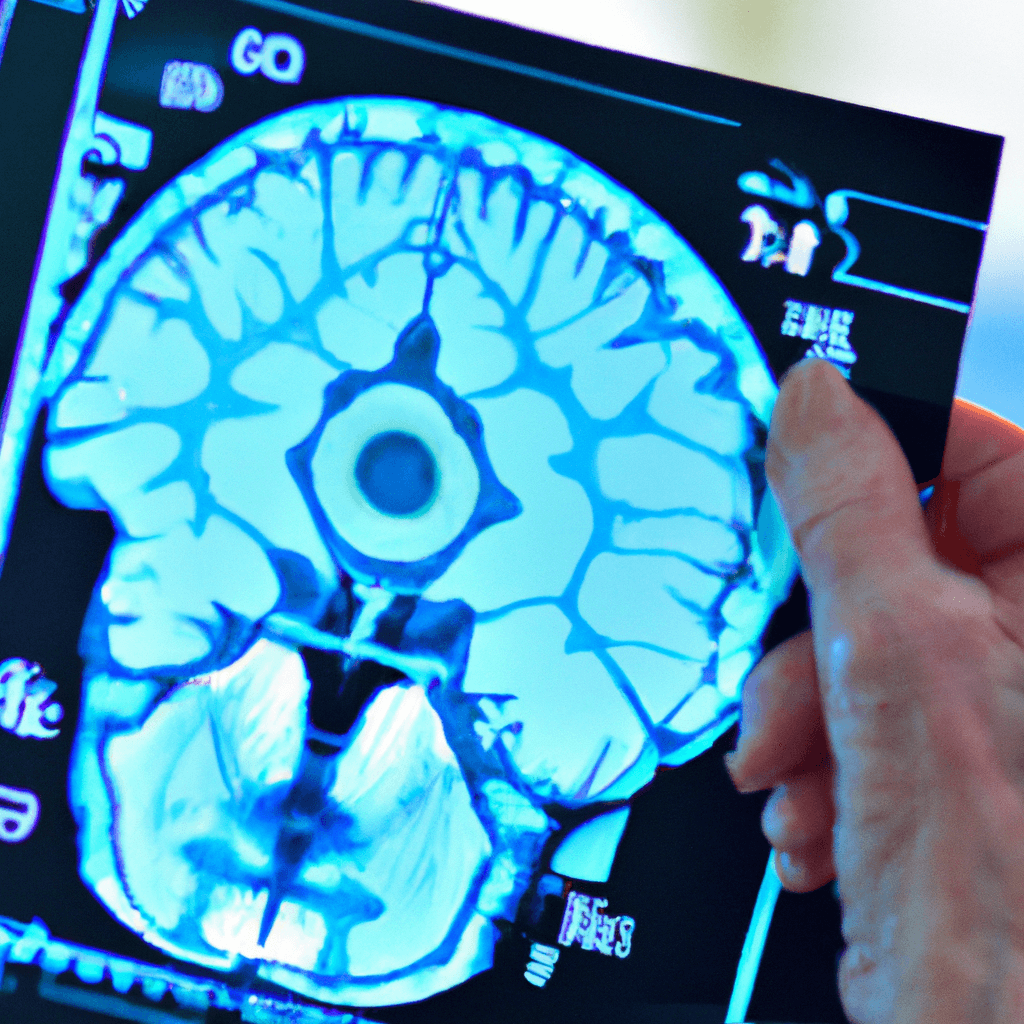
Introduction to Brain MRI and Dementia
MRI stands for magnetic resonance imaging. It uses a magnetic field and radio waves to create detailed pictures of the brain. An MRI can show how the brain is structured, how it is working, and any problems that may be present.
A brain MRI is often used to diagnose dementia. Dementia is a general term for a decline in mental ability that affects daily life. This can include memory loss, changes in thinking and reasoning abilities, and difficulty with communication and carrying out everyday tasks. Dementia affects people of all ages but is most common in older adults.
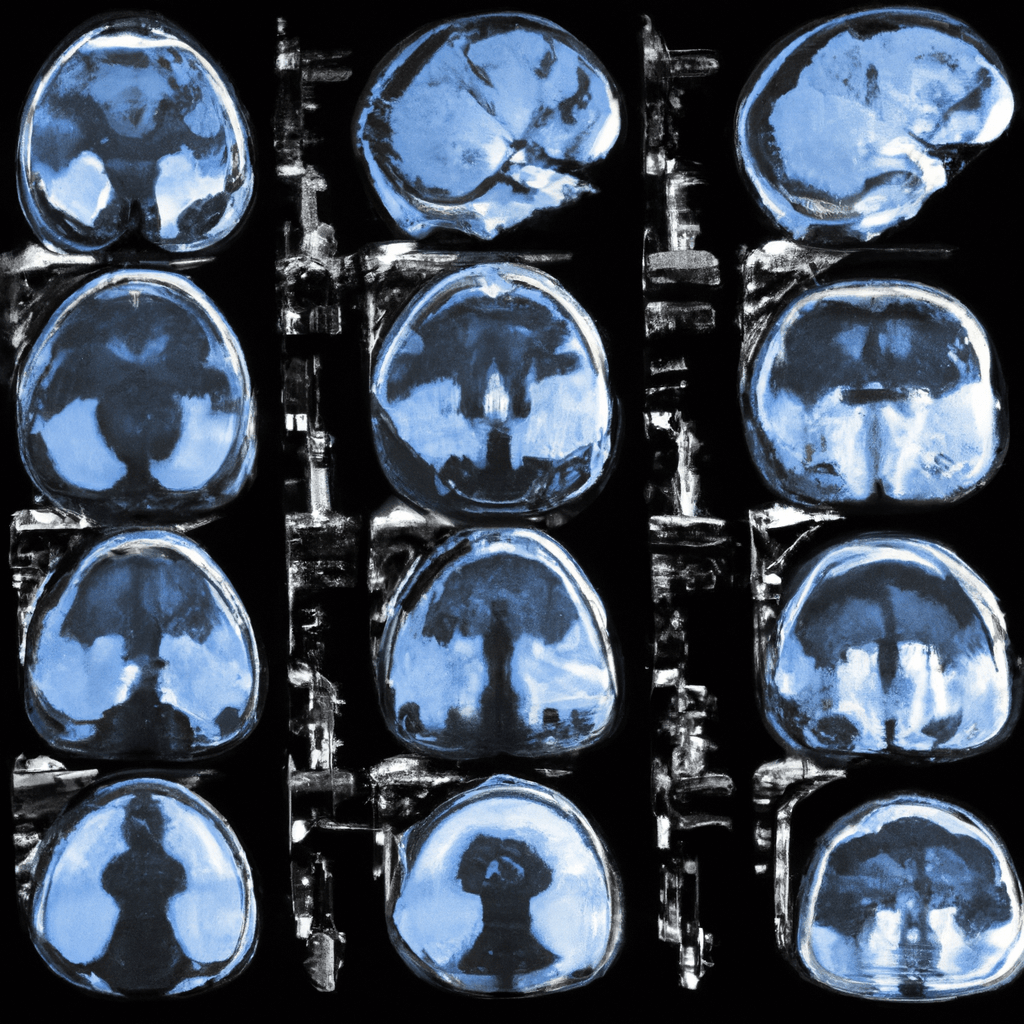
MRI can be used to look for changes in the brain that are associated with dementia. These changes may include atrophy (shrinkage) of certain areas of the brain, lesions (damaged areas), or changes in the white matter (the part of the brain that contains nerve fibers). MRI can also show how much blood flow is going to different parts of the brain.
MRI is just one tool that doctors use to diagnose dementia. Other tools include physical exams, cognitive testing, and neuropsychological testing. In some cases, additional testing may be needed to rule out other conditions that can cause similar symptoms.
What Can We Learn from a Brain MRI?
A brain MRI can provide a lot of information about dementia. It can help to identify the areas of the brain that are affected by the disease and determine the severity of the damage. Additionally, a brain MRI can show how the disease is progressing and whether or not treatment is working.
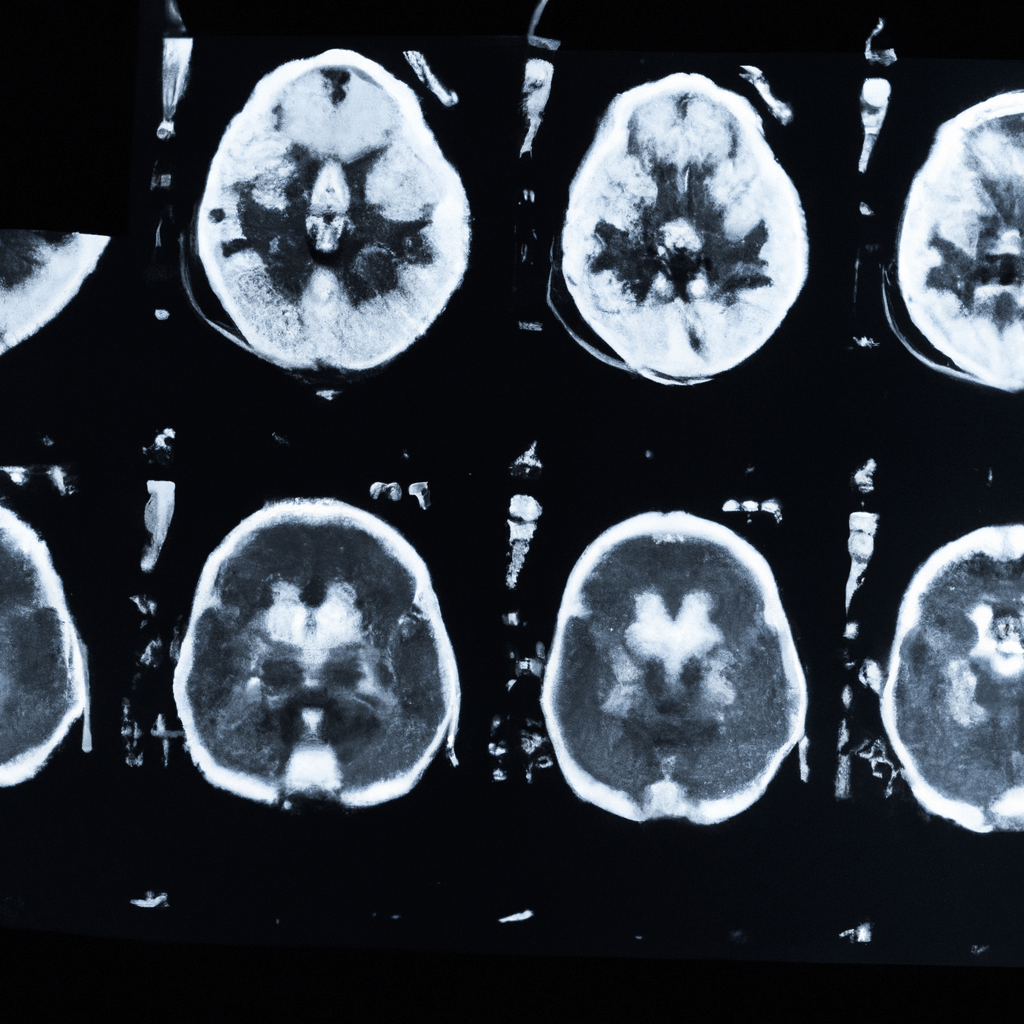
Different Types of Brain Scans Used in Diagnosing Dementia
When a person is diagnosed with dementia, a brain scan can be helpful in determining what type of dementia they have. There are three main types of brain scans used to diagnose dementia: computed tomography (CT), magnetic resonance imaging (MRI), and positron emission tomography (PET).
CT scans are the most common type of brain scan used to diagnose dementia. They provide detailed images of the brain and can help show changes in brain structure that may be associated with dementia. MRI scans are also used to diagnose dementia. They provide even more detailed images of the brain than CT scans and can help show areas of the brain that have been damaged by Alzheimer’s disease. PET scans are less common than CT or MRI scans, but they can provide information about how well the brain is functioning.
If you or a loved one has been diagnosed with dementia, talk to your doctor about which type of brain scan is right for you.
What Changes Does a Brain Scan Show When Someone Has Dementia?
A brain MRI may show a number of changes that can be associated with dementia, including:
- -Atrophy (shrinking) of certain areas of the brain
- -Decreased activity in certain areas of the brain
- -The presence of lesions or other abnormalities
Using MRIs to Identify Early Signs of Dementia
An MRI can be a useful way for identifying early signs of dementia. Changes in the brain that are associated with dementia can be detected on an MRI, even before symptoms of the disease appear. This makes MRIs a valuable tool for diagnosis and for tracking the progression of dementia.
One of the first changes that can be seen on an MRI in someone with early-stage dementia is shrinkage of the hippocampus, a region of the brain important for memory. This shrinkage is typically accompanied by changes in other parts of the brain involved in cognitive function, such as the cortex. As dementia progresses, these changes become more widespread and more pronounced.
In addition to looking at overall brain size, an MRI can also reveal abnormalities in brain structure and function. These abnormalities may be indicative of specific types of dementia, such as Alzheimer’s disease or Lewy body dementia. Patterns of brain activity on an MRI can also provide clues about the cause of dementia, whether it is due to damage from a stroke or another type of injury.
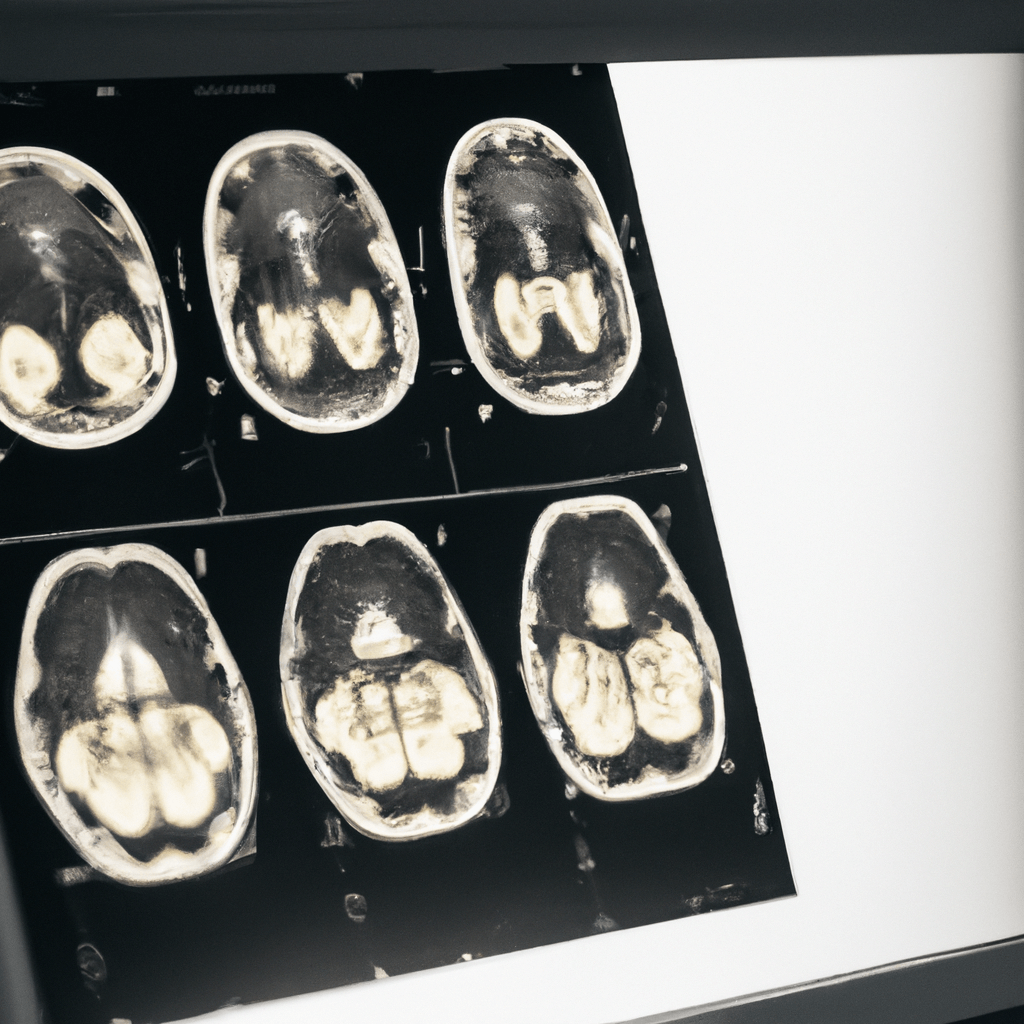
MRIs are not perfect, however, and there are some limitations to what they can tell us about dementia. First, not all types of dementia will show up on an MRI. For example, frontotemporal dementia often does not involve any noticeable changes in brain structure or function. Second, MRIs cannot always distinguish between normal age-related changes and early signs of dementia. This means that sometimes people without any cognitive problems will show changes on
How Can the Results of an MRI Be Applied?
An MRI of the brain can provide vital information about the structure and function of the brain, which can be applied in the diagnosis and treatment of dementia. The results of an MRI can be used to determine if there is damage to the brain tissue, which can help to identify the cause of dementia. An MRI can also be used to assess the severity of dementia and to track the progression of the disease.
Conclusion
Brain MRIs can be very helpful for diagnosing and managing dementia. They can show changes in the brain that may indicate a cognitive decline, such as shrinkage or atrophy of certain areas of the brain. By showing us how the brain is functioning, they help us better understand what might be causing a person’s symptoms, which can lead to more tailored treatments and plans. While an MRI cannot definitively diagnose dementia, it is invaluable when it comes to understanding our brains better and ultimately helping those who suffer from this debilitating disease.
You can call us for More Information, at 8699572364
Follow us on Social Pages: mrichandigarh
Instagram: Mri Chandigarh
Mail us at [email protected]
Tweet: Mri Chandigarh
Linked In: Mri Chandigarh
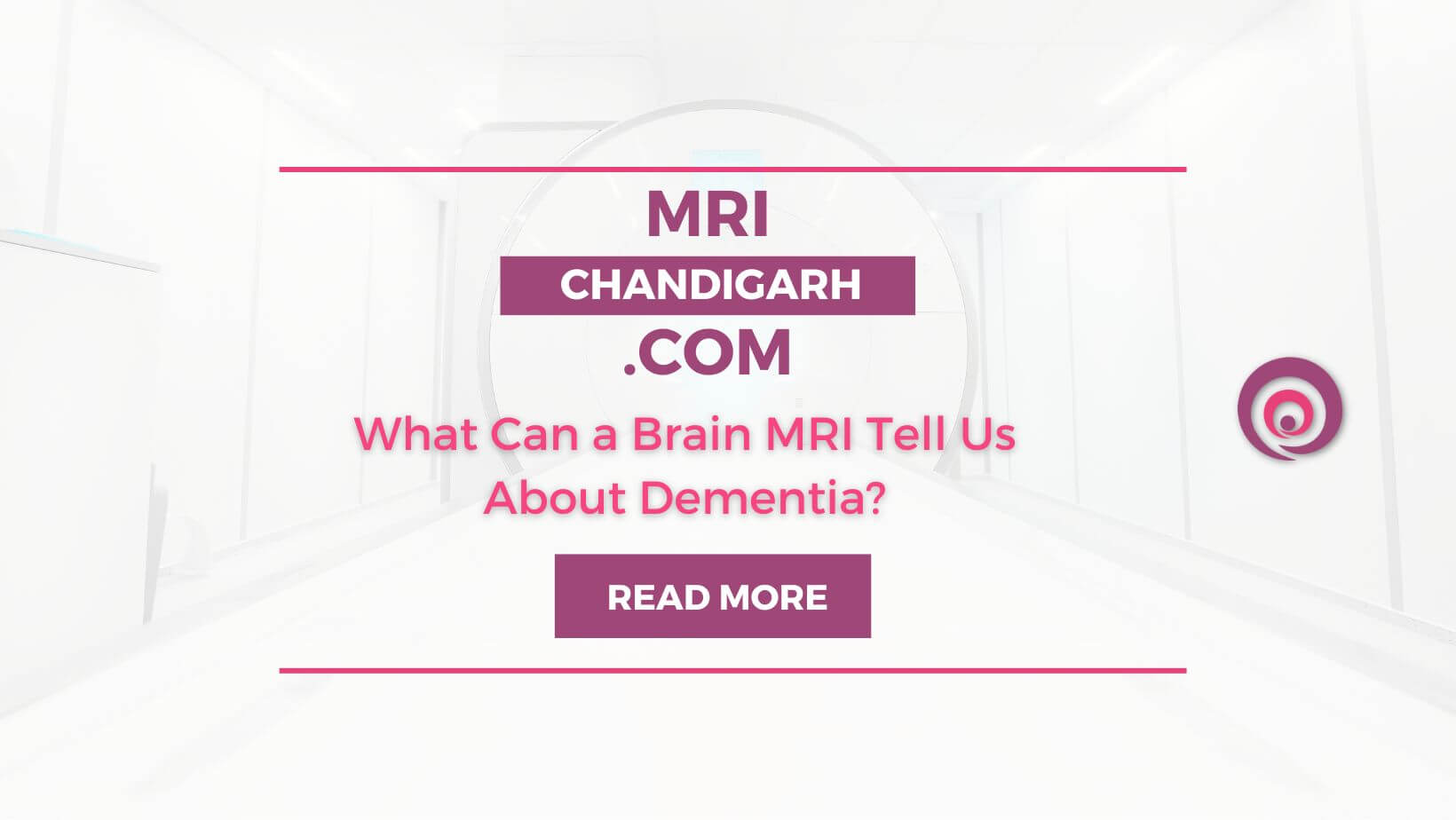
Comments